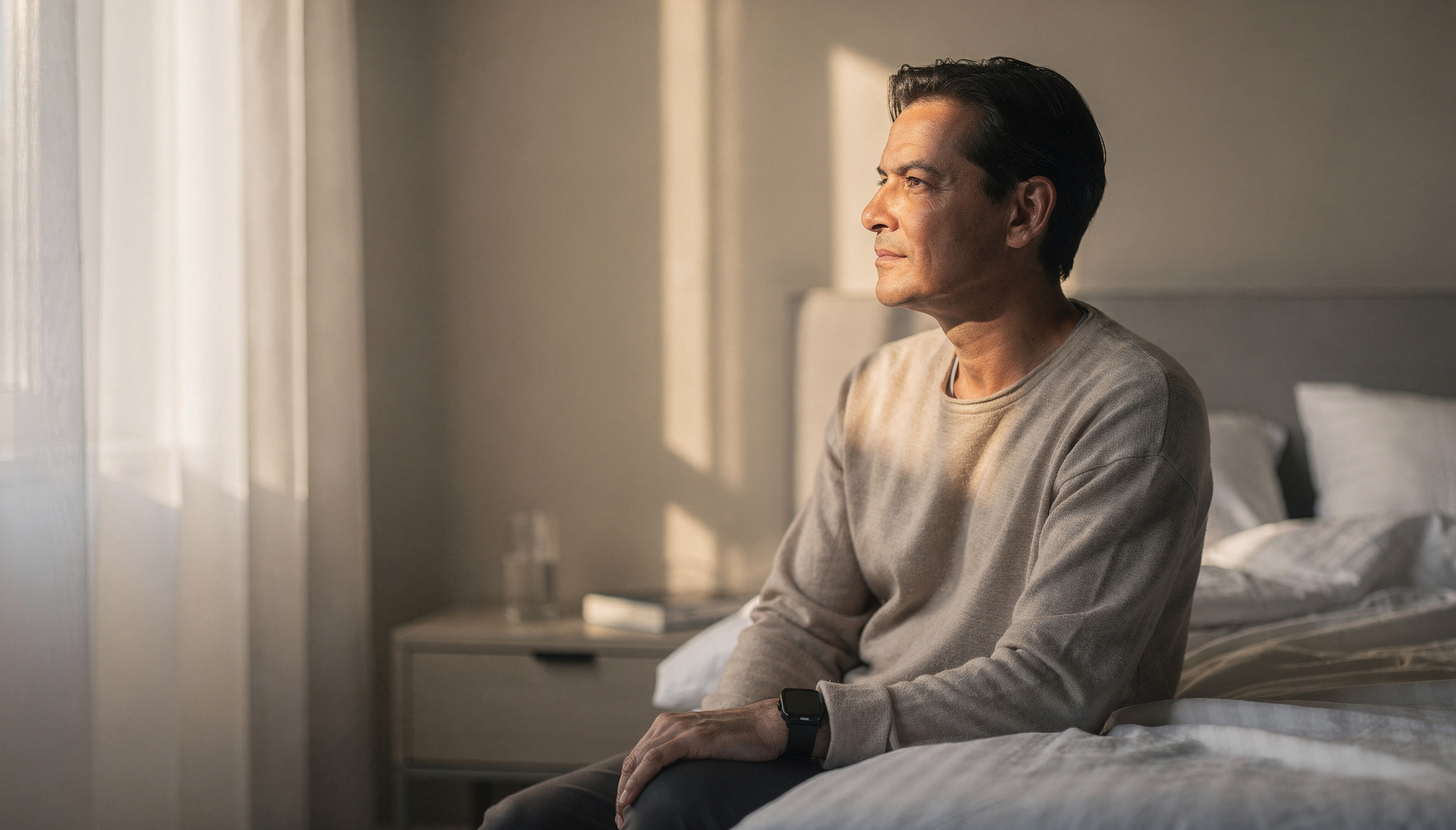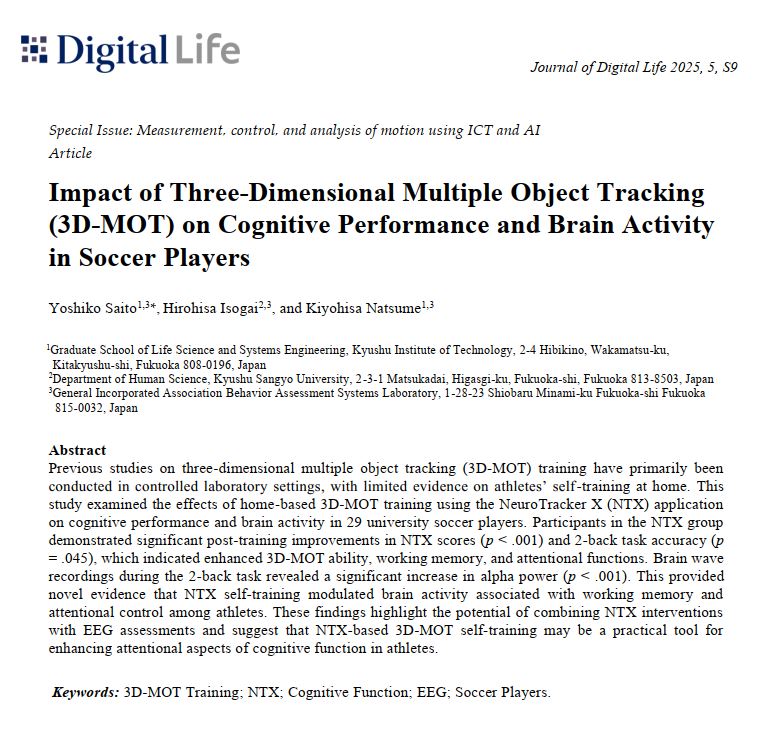Welcome to the Research and Strategy Services at in today's fast-paced.


Recent studies show that 70% of parents of children with ADHD report that their children suffer from a sleeping problem. This is particularly the case when it comes to difficulties falling asleep and staying asleep. In the past, scientific studies that measured sleep quality using electrodes, failed to demonstrate a correlation between sleep quality and ADHD.
A new Danish study, however, now reveals that children with ADHD actually do sleep worse than other children. These children, for instance, experience more disturbed sleep including less deep sleep. The children in the ADHD group slept for 45 minutes less than the children in the control group.
Two of the three children with ADHD, also had one or more additional psychiatric diagnoses, which may increase the risk of sleep disturbance. Nevertheless, there was still a significant difference between the sleep patterns of the control group and the ADHD group (with those only diagnosed with ADHD).
The researchers also studied sleep patterns during the day, and were surprised by the findings. The children with ADHD, for example, tended to fall asleep faster during the day than the children in the control group. Given that ADHD is often associated with characteristics such as hyperactivity, you would assume the opposite. Hyperactivity, however, could result from sleep deprivation.
In this case, sleep deprivation may not be sleeping long enough, or not getting enough quality sleep. Evidence shows that sleep deprivation can cause hyperactivity and impulsivity in children. In addition, this hyperactivity could be compensatory behaviour for daytime sleepiness.
Inadequate sleep in children may negatively affect the way kids function, think and behave. It’s not uncommon for kids who have problems sleeping to be misdiagnosed with ADHD. This is because they may show symptoms, behaviours or impairments that are remarkably similar to those with ADHD. At the same time, diagnosis is often difficult. For instance, the use of psychostimulant medications to treat ADHD can cause sleep problems in some patients but can improve sleep in others.
The differences in the findings between this study and past studies could be due to different measuring methods. In the most recent study, children slept in familiar home surroundings, despite having electrodes attached to their heads at the hospital in the afternoon. In previous studies, children were admitted to specialist sleep centres at hospitals to measure their sleep. Furthermore, a lot of children with ADHD are given medicine to help them sleep. But, in this particular study, none of the children were medicated during its course.
The overall findings are promising since it can serve as an important foundation for future studies. Anne Virring Sørensen, who is behind the PhD study, says the next step is to find out where the correlation between ADHD and poor sleep lies, to develop better treatment in the long-term.
There are many treatment plans available when it comes to aiding children with ADHD who have sleep difficulties. Nevertheless, special attention needs to be given to interventions that focus on improving sleep and bedtime behaviour. Fortunately, a restful sleep is not impossible to achieve!







Welcome to the Research and Strategy Services at in today's fast-paced.

You improved your sleep — but your focus didn’t change. This guide explains how circadian timing, cognitive load, and recovery patterns influence attention beyond sleep duration alone.

If your thinking feels slower than usual, it doesn’t automatically mean something is wrong. This guide explains common short-term causes, normal cognitive variability, and how to interpret changes calmly over time.

Many professional roles require cognitive performance to be sustained over long periods rather than demonstrated briefly. This article explains how sustained cognitive load shapes performance in knowledge-work and monitoring environments.
.png)